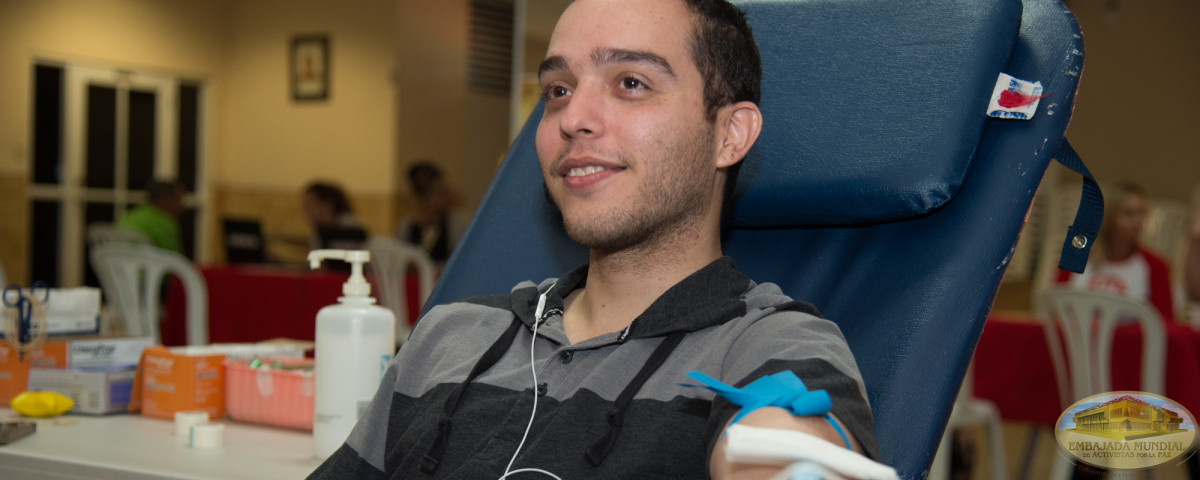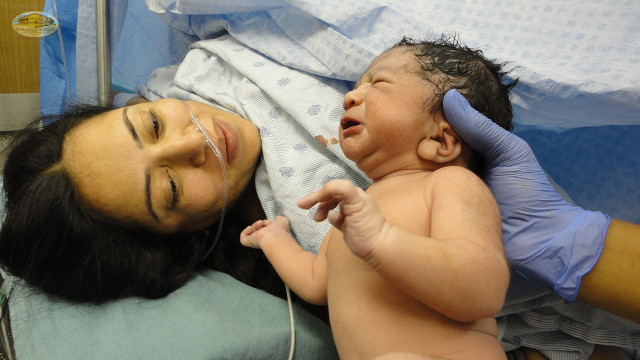
Where and why should I donate blood to save up to 4 lives?
Join the International Campaign
“Life is in the Blood, Donating the Sap of Life”
Look for the blood drives in your country or at your closest blood bank on the map.
DONATE BLOOD!
For a culture of voluntary, altruistic, and habitual safe blood donation
The importance of voluntarily donating blood
Blood and blood components are essential to help people survive serious health conditions, complex medical and surgical procedures, childbirth and injuries caused by accidents and disasters. (WHO)
The way to ensure that safer blood is collected in blood drives is through people who wish to voluntarily, altruistically and habitually donate blood; these are the donors with low risk among the population.
When a person voluntarily donates blood, there is a greater chance that their blood will be safe for the recipient. In addition, voluntary donation is an expression of the positive values manifested in performing this act that can save the lives of three or more human beings.
The Global Embassy of Activists for Peace, an institution that works in favor of the human family, develops the Integral Program Life is in the Blood: Donating the Sap of Life.
This is a social intervention project with the objective of contributing towards the formation of a culture of voluntary, altruistic, and habitual safe blood donation to increase the active and effective participation of the citizens, with the aim of guaranteeing blood supply and blood components to every person in need of it.

The Integral Program is made up of three strategic components:
- Communicational Educational Program for the Formation of a Culture of Voluntary, Altruistic, and Habitual Safe Blood Donation (PEC-LIFE), aimed at the family, community, educational and business field. Designed to promote and strengthen the formation of a culture of voluntary, altruistic, and habitual safe blood donation.
-
The International Campaign “Life is in the Blood: Donating the Sap of Life”, which consists of International Marathons and National blood drives that are held throughout the entire year.
The purpose is to contribute to the achievement of self-sufficiency, availability and safety of blood and its components, keeping blood inventories safe and supplied in different health centers, in line with WHO's objective of achieving 100% donations of voluntary and unpaid blood. -
The Proposal “Law for the Promotion of a Culture of Voluntary, Altruistic, and Habitual Safe Blood Donation”, intends to intervene in updating the legislation of countries that need to strengthen national blood supply systems and their components.
For the GEAP, the culture of blood donation is formed from the core value of loving thy neighbor and is based on the values of goodness, brotherhood, solidarity and responsibility. Voluntary donation of blood is an exceptional way to express these principles and values.

Donating blood, donating life
Many times people decide not to donate blood because they do not know that there is a great need for this vital liquid in order to save the lives of other human beings.
Traffic accidents, natural disasters, childbirth hemorrhages, and various diseases require sufficient supplies available in blood banks and health institutions. However, the lack of effective donations of safe blood results in the loss of many human lives.
How many people can be saved if there was only one culture of voluntary, altruistic and habitual safe blood donation? For example: How many mothers could raise their newborn children and keep their families together if they did not lose their lives because of lack of blood due to postpartum hemorrhages?
Your participation and solidarity are indispensable to achieve 100% of voluntary, altruistic, and habitual donations in your country.